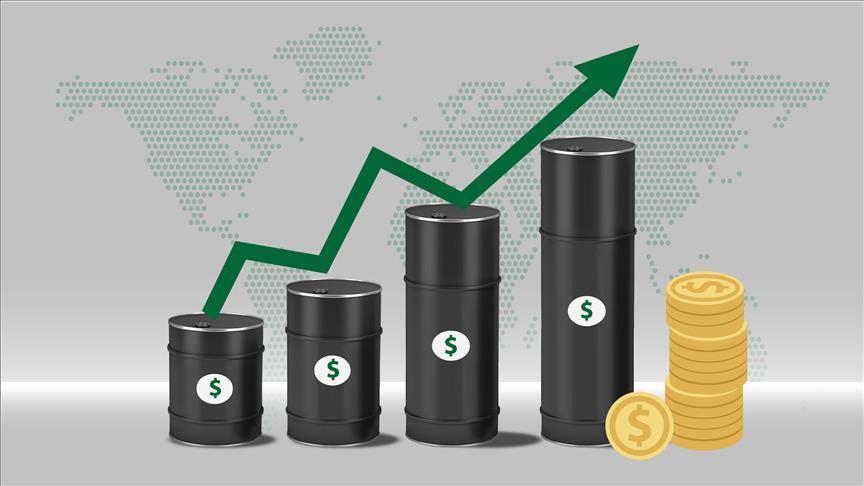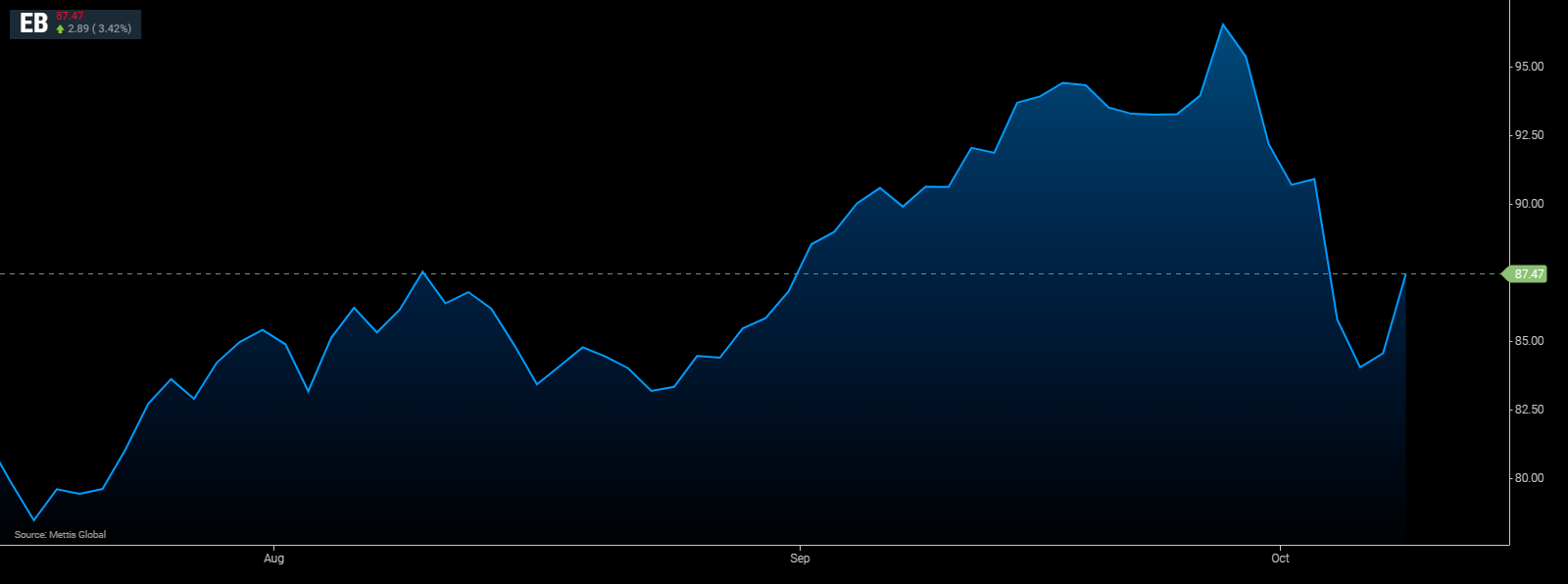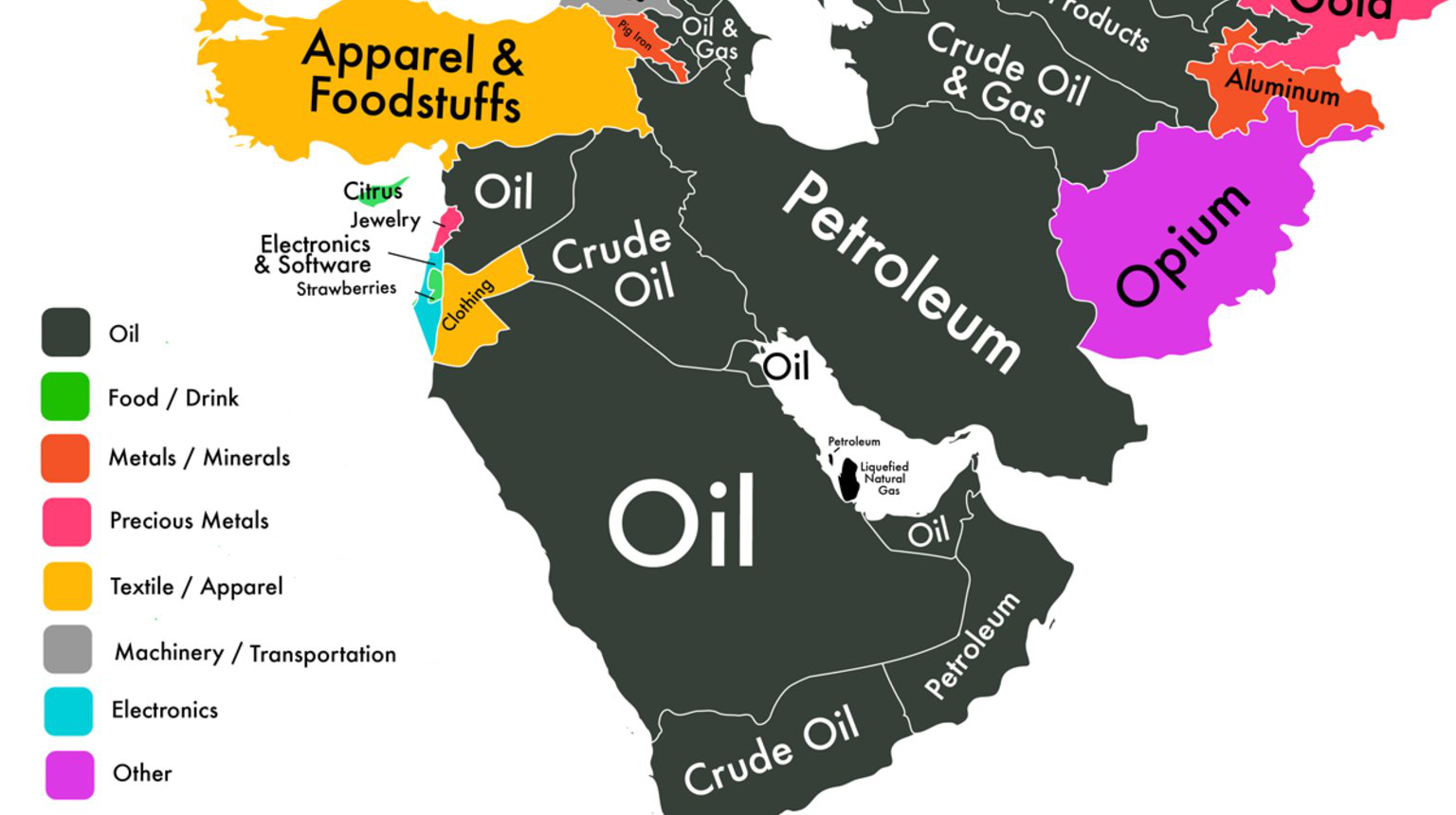Global Oil Prices Surge by 5% Amid Escalating Israel-Palestine Conflict
Global oil prices have spiked by 5% in response to the ongoing Israel-Palestine conflict, disrupting a period of declining prices. This abrupt increase is attributed to a complex interplay of geopolitical tensions and economic factors.

Global crude oil prices are making headlines once again, surging by a substantial 5% due to escalating tensions in the Israel-Palestine conflict. This unexpected twist is sending shockwaves through markets around the world. After a prolonged period of consistent decline, experts now attribute this recent upswing to a complex interplay of geopolitical tensions and economic dynamics.
Imagine a seesaw that's been tilting downwards for weeks. Suddenly, it jerks upwards, catching everyone off guard. That's exactly what happened to global crude oil prices, which had been on a steady decline until now. Let's delve into the factors behind this surprising turn of events.

In today's market, the price of West Texas Intermediate (WTI) crude oil soared to $88.39 per barrel, while Brent Crude reached $88.65 per barrel. This significant increase marks a departure from the recent trend of declining oil prices, which had seen a persistent drop of over 5% over the past two weeks.
Why the Decline?
Before we dive into the recent surge, let's understand why oil prices were falling. Analysts point to a combination of factors, including a sluggish global economy and decreased demand. But now, the Israel-Palestine conflict has thrown a curveball into the mix, creating fresh uncertainty in the oil market and driving prices upward.
Understanding the Impact of Global Conflict:
The Israel-Palestine conflict, known for its long history of tension and sporadic flare-ups, has become a critical factor influencing the global oil market. As diplomatic efforts to quell the violence continue, experts are closely monitoring its potential impact on oil prices. The Middle East, a significant source of crude oil, is particularly susceptible to disruptions caused by geopolitical turmoil in the region.
Adding to the tension are ongoing concerns about the stability of oil-producing nations in the Middle East. These concerns have further fueled apprehensions among investors, contributing to the recent price surge. It's a complex web of geopolitical tensions and economic factors, making the oil market incredibly sensitive to developments in conflict zones.

Before this surge, experts had hinted that if the downward trend in global oil prices continued, it could lead to a noticeable reduction in fuel prices for consumers in countries like Pakistan. However, the recent Middle East events have cast a shadow of uncertainty over the trajectory of oil prices, leaving consumers and markets alike on edge.
In the world of global economics, unexpected events can send shockwaves through markets, and the surge in oil prices due to the Israel-Palestine conflict is a testament to that fact. As the situation unfolds, the world will be watching closely, with oil prices remaining a crucial indicator of global stability.








